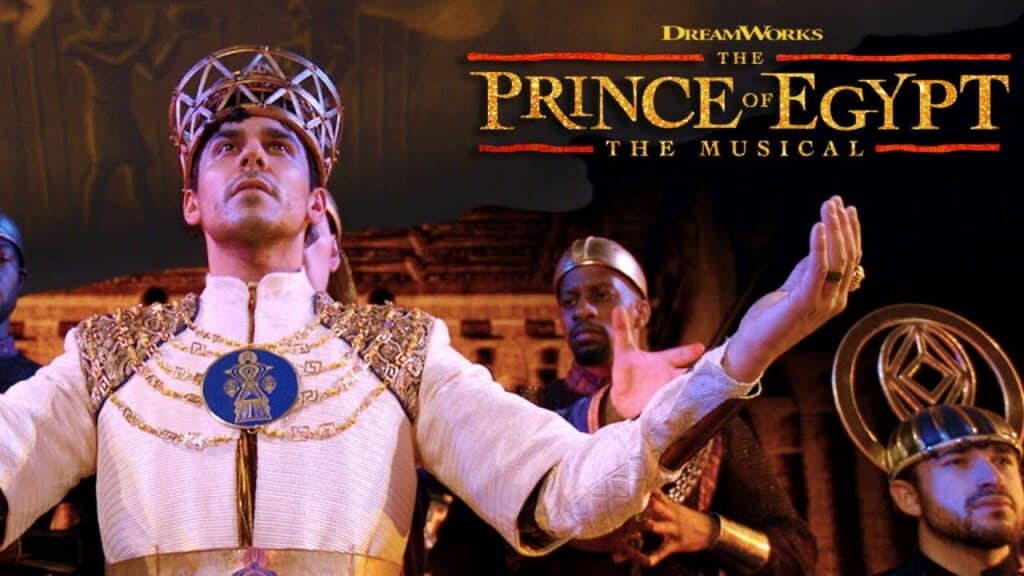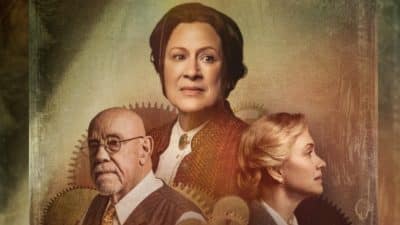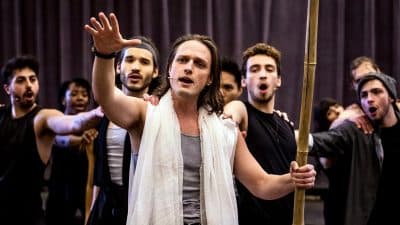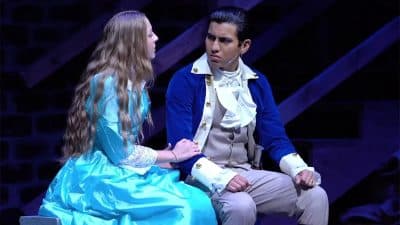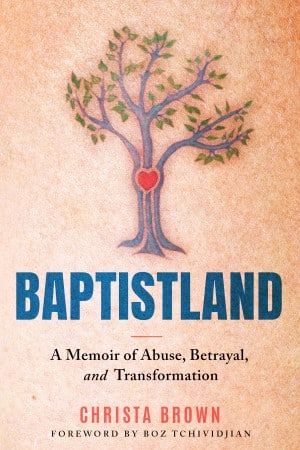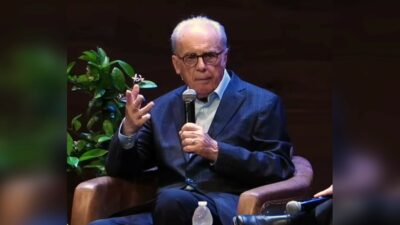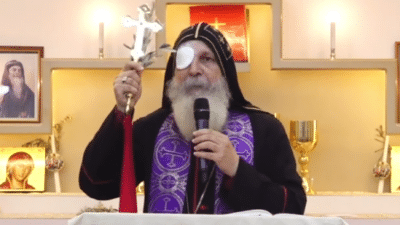When people make lists of the best faith-based films of all time, particularly from my generation, they almost always include Dreamworks’s animated film “The Prince of Egypt.” A feature animated film based on the story of God calling Moses to lead the enslaved Israelites out of bondage, “The Prince of Egypt” was both critically acclaimed and commercially accessible.
“The Prince of Egypt” is one of those rare movies made after the 1980s that is beloved both by the religious and non-religious. Biblical epics were par for the course back in Hollywood’s heyday, with “The Ten Commandments” and “Ben Hur” just two notable examples.
But with “The Last Temptation of Christ,” Hollywood and religious Americans began to diverge. Religious movies loved by critics — such as “Noah” — and those loved by faith-based audiences — such as “Passion of The Christ” — seemed to be completely different. “The Prince of Egypt” broke that trend. People of faith believe that the movie accurately captures the truth of the Biblical story and the nature of God as taught in the Bible (without watering any of the faith elements down), and secular audiences loved the beautiful animation, characters and storytelling.
Which is why it’s no surprise that people are looking to find ways to bring it back. The stage play adaptation of the movie, “The Prince of Egypt: The Musical” (which is sort of a funny title given the original was also a musical) premiered in London’s West End in 2020 with original screenwriter Phillip LaZebnik and “Wicked” lyricist Stephen Schwartz returning.
Now, NBC is televising the stage version, most likely to help increase the brand in hopes of a Broadway run (or perhaps to tee up a live-action adaptation like Disney has done so often for box office success). For many, this will be an opportunity for the first time to see if this new version of the story lives up to the original.
Your tax-deductible gift helps our journalists report the truth and hold Christian leaders and organizations accountable. Give a gift of $30 or more to The Roys Report this month, and you will receive a copy of “Baptistland: A Memoir of Abuse, Betrayal, and Transformation” by Christa Brown. To donate, click here.
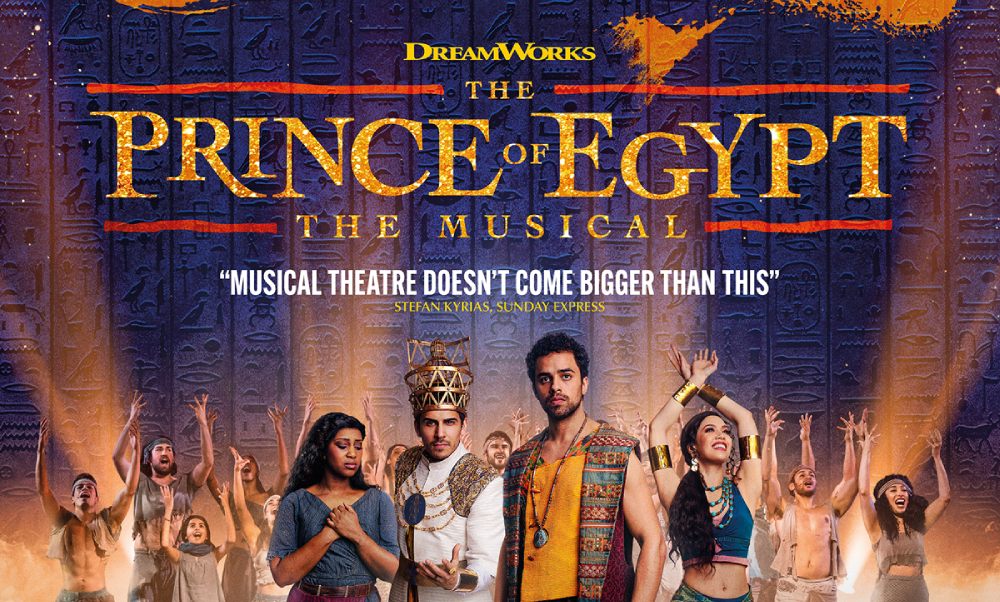
Fear not: “The Prince of Egypt” is a rousing triumph of both faith and stagecraft. It is one of the most satisfying viewing experiences I’ve had all year, and is a stunning reminder of what can be accomplished when faith and art are put together well.
Obviously, any time you adapt something from screen to stage, there are changes made. But the changes to “Prince of Egypt” succeed shockingly well, both narratively and aesthetically. Characters and their narrative arcs are expanded in ways that almost always feel natural, rather than forced or padded, whether its Moses and Ramses, Ramses and his father and Moses and Zaphora.
These expanded and added scenes feel like they add depth to the characters and weight to the story rather than being extended for extension’s sake. It’s worth noting that expansion is the right word more than changes most of the time, as the vast majority of the story is largely as it was, with the scenes merely extended to bring breather depth and complexity to events, building on the characters and themes rather than undermining them.
Two of the best big character changes and additions in the story are the High Priest and Ramses’ wife Nefertari. In the original film, the High Priest characters were two comedic characters played by Steve Martin and Martin Short, where largely comedic foils for the heroes with little character and screen time, toadies for the Pharaoh, such as Ramses, Moses’s chief antagonists. In this, the High Priest is one character, and a true antagonistic force in the film, holding political power that gives him some degree of power even over Pharaoh, and riding that line between childhood schoolmaster for Moses and Ramses and true villainous force. Ramses’ wife is also built into a truly three-dimensional complex character – with a mix of negative and positive force in Ramses life – as well as her own story she has to resolve.
Furthermore, what was impressive animation becomes impressive stagecraft. With actors taking on roles of building out impressive visuals and scope of the film, whether it’s humans doubling as chariots or personifying the burning bush, this production truly takes advantage of the stage as its own medium to dazzle us with its own unique form of beauty. The songs from the original are as powerful as ever, and the ones added don’t do any disservice to this version. One particularly haunting new song has Moses grieving over the first born children that God killed in Egypt. The song strikes that delicate balance of neither overlooking the horror of what God did nor in using that as an excuse to reject or disobey Him.
There are many times that the songs — particularly the more explicitly religious ones like “Deliver Us” and “Through Heaven’s Eyes” — felt decidedly like a worship service as much as a play. This shouldn’t surprise us. Although Broadway has a reputation for being deeply secular (and even anti-Christian), the roots of theater are explicitly in religious worship.
Not all the changes to the original work. Although there is a lot of faith and centrality to God in the show, His scenes are often shorter and mentions seem less frequent than they were in the movie. Also, the play decided to give Moses and Ramses a far happier ending, to the degree that it rings rushed and false in a way that the movie did not, and loses some of its tragic gravitas as well.
Regardless, the stage adaptation of “The Prince of Egypt” is an unmitigated triumph that shows what happens when great art and great faith co-exist. In a world where animated projects are constantly being remade into live action, if they ever do something like that with “The Prince of Egypt,” they really could not do better than to adapt this version. More importantly, this reminds people that it’s possible to make a project that honors both faith and art and gives a vision to others who want to do the same.
“The Prince of Egypt: “The Musical” is now available on DVD and digital.
This opinion article, which originally appeared at Religion Unplugged, does not necessarily reflect the views of The Roys Report.
Joseph Holmes is an award-nominated filmmaker and culture critic living in New York City. He is co-host of the podcast The Overthinkers, where he discusses art, culture and faith with his fellow overthinkers.




